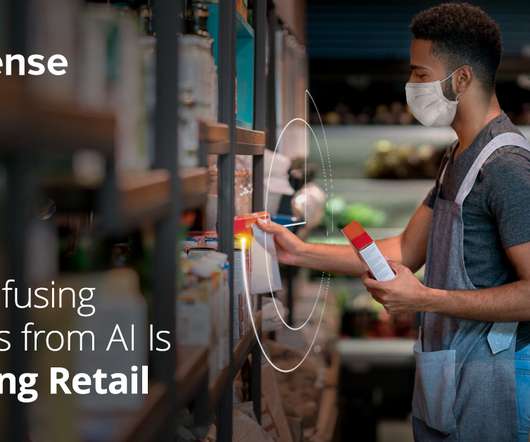The Impact of Healthcare BI Tools on Decision-Making and Patient Care
FineReport
APRIL 9, 2024
These innovative solutions pave the way for future trends in healthcare, shaping the industry’s digital transformation journey. Through the utilization of predictive models, clinicians can forecast patient outcomes and resource needs, enabling early intervention and personalized care delivery.














Let's personalize your content